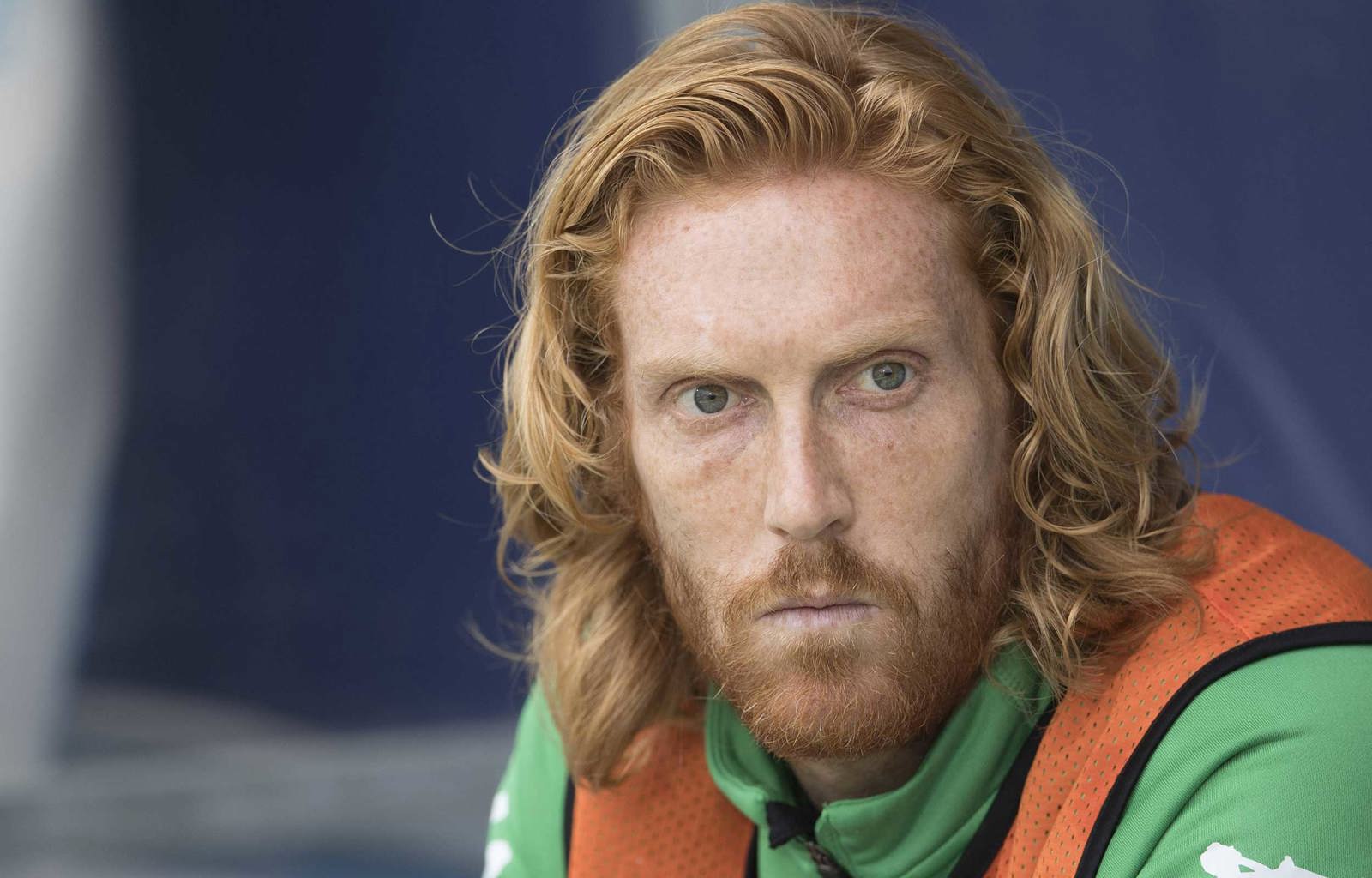
People of the Union puts the spotlight on individuals across FIFPRO’s member associations who are dedicated to improving the wellbeing of professional footballers in their country.
Former Italy international Davide Biondini talks about his work with Italian player union Associazone Italiana Calciatori (AIC) and his views on football.
FIFPRO: Tell us about yourself, what is your current role and what is your background?
Davide Biondini: I am a former footballer and appeared in over 350 Serie A matches. I played for a lot of teams, six, but I loved it because it allowed me to meet many people. My journey with AIC began in 2010 when I became a member of the board. When I quit playing, I was named Vice President, which is also my current role. I am also a councillor for the Italian Football Federation, FIGC.
As I changed clubs so often, I had to quit my university studies. At that time, it wasn’t possible to study online. It was one of the most difficult choices I had to make during my career because studying helps you prepare for life after football and provides you with more second-career opportunities. As a union, we put a lot of emphasis on education during our meetings with players. We provide various courses to allow players to be ready the day after they stop playing.
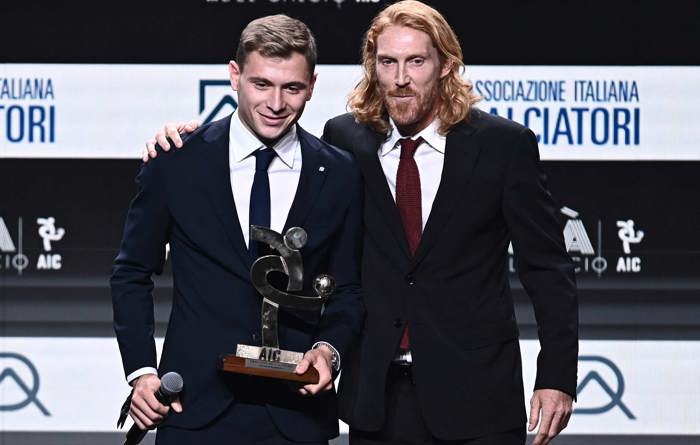
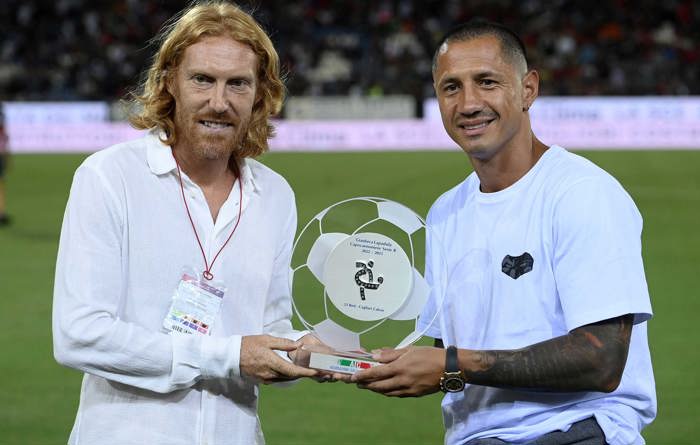
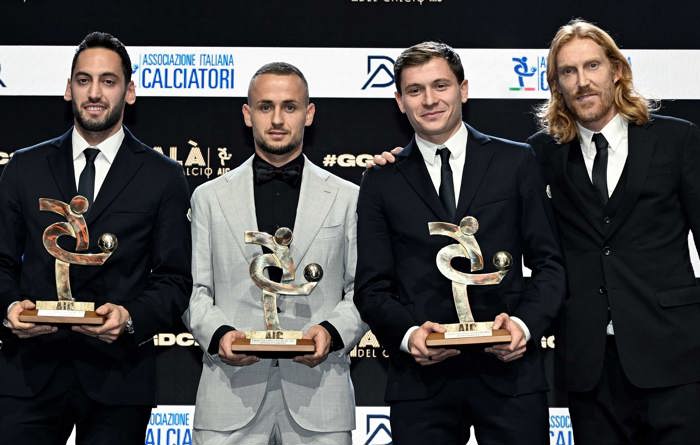
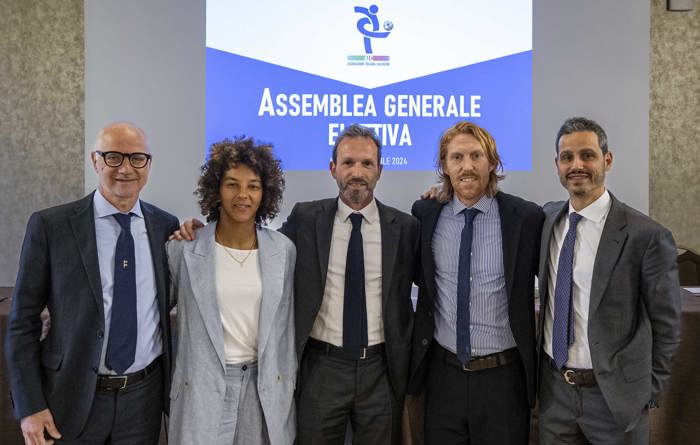
What do you most enjoy about the work you do at the union?
I was involved with two important projects last year. One was participating in a project with former players in Lebanon, where we played with people from refugee camps. It was great. Whenever there is a ball, children can forget about their daily situation. We also educated new coaches, who continue playing with the kids when we are not around.
The other project was Calcio Libero (Free Football), aiming to help imprisoned youth reintegrate and socialise. Our message was that sport teaches them to trust the people in their team and that working together is important. Playing in a prison was a completely different experience and more challenging because of the background of the prisoners.
What issue affecting players welfare are you most passionate about?
At AIC, we are trying very hard to solve the workload problem. I was a good player, but not a top player. I wasn’t as busy as the current group of top players. They have to play more matches and travel more, while their games are much tougher and they have less time to spend with their families. We have to change something, as they are not robots. I want to focus on the mental health aspect. We must defend the health of the players and the quality of the matches.
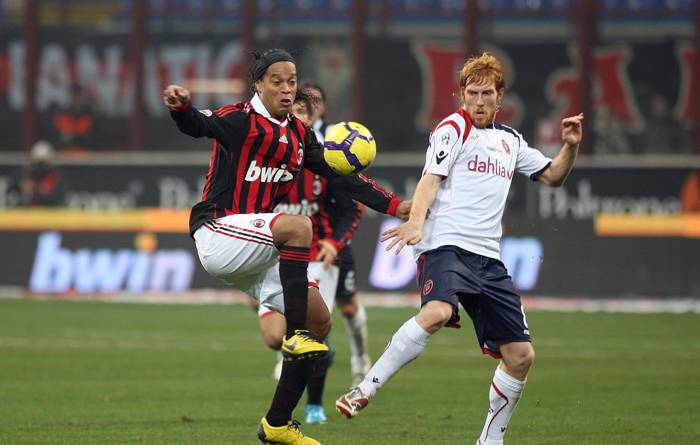
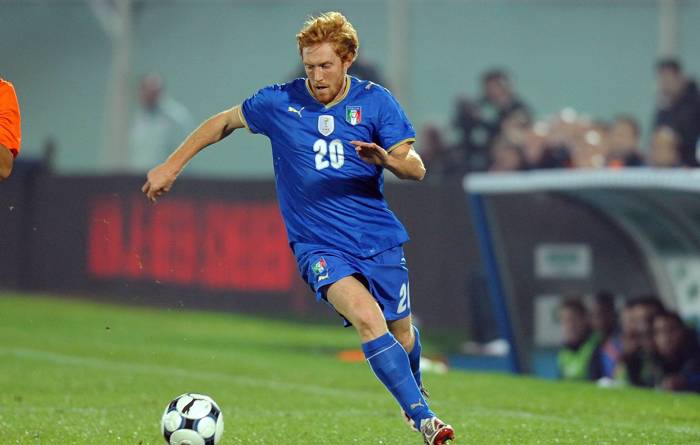
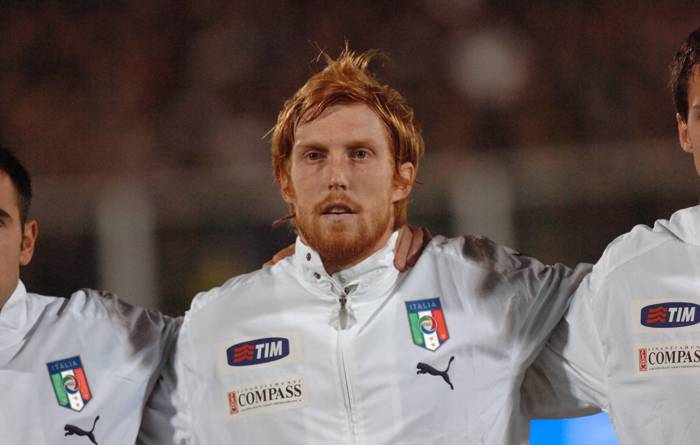
Can you share one of your proudest moments or achievements working as a union representative?
I am very proud that I helped improve communication with players. When I was a player, the union only communicated through its internet site and bi-monthly magazine. I read news reports that were two months old. When I started working for the union, one of the first things I tried to change was communication. We created an application and now we can speak with every player at each moment of the day and share documents with them.
If you could change something in football, what would it be?
I love football so much that I don’t want to change anything. It is the best game in the world. The only thing we need to change is our mentality; to accept winning and losing, and to appreciate matches. It is strange that there is violence against players and a lack of respect. It is my dream that there is no violence in football.
Is there anyone in the union world or in sports in general who inspires you?
Our last two president are examples to me: Damiano Tommasi and Umberto Calcagno. They gave me a role within the union. They have improved the AIC and gave it a lot more visibility.
In sport, Marco Pantani, the cyclist, was my idol. He was a simple guy, who grew up in a little city where I grew up as well, Cesena. It was special to see Marco practice each day. His desire to win and overcome difficulties have been inspirational for me. Every time he was close to winning an important race, he got injured, and had to start from scratch again. He broke all the bones in his body, but the people loved his resilience. For my country’s generation, he was the most influential sports person.
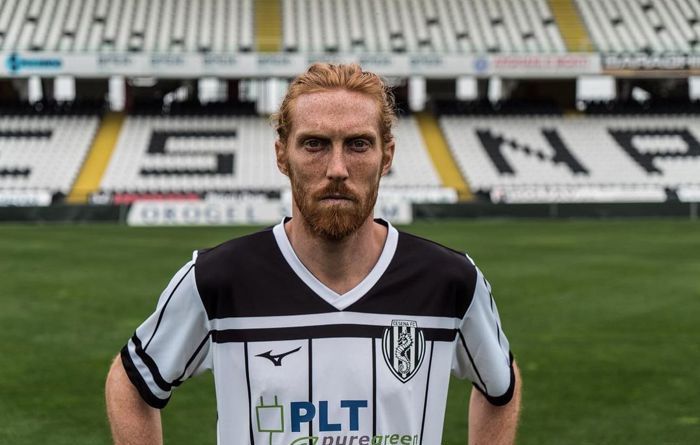
What is your favourite football memory till date?
I am proud of the last year of my career. I played on a much lower level to help my hometown team, Cesena, which is also the club where I started my career. They had just gone bankrupt and wanted to return to the professional ranks, Serie C. It was a big change for me because until joining them I played in Serie A. We had to start from zero and we won the championship. Emotionally this was the best year in my career.
Who is your favourite football player ever and why?
Roberto Baggio. When he played for the national team, he was the one player that everyone liked. It wasn’t important which team you supported because Roberto Baggio was Roberto Baggio, and he was Italy. To me, he is the greatest football player that Italy has had.
What motivates you daily?
The opportunity to help players, who represent the most beautiful part of football. It is a great sensation to help young people improve their life during or after their career. It is a question of mentality. I used to be a boy scout and did a lot of community work with my friends. I think many players have a similar attitude because they have to work together every day and share a lot of emotions. Players have various skills to be very good away from the pitch, just like on it, and we need to make them understand the power that they have.


